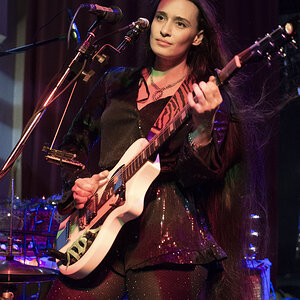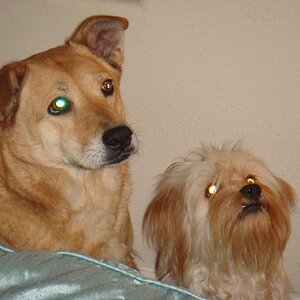fjrabon
Been spending a lot of time on here!
- Joined
- Nov 3, 2011
- Messages
- 3,644
- Reaction score
- 754
- Location
- Atlanta, GA, USA
- Can others edit my Photos
- Photos OK to edit
The bad photographer blames his equipment.
The mediocre photographer blames his lack of experience.
The good photographer credits his skill.
The great photographer credits the moment.
thoughts?
The mediocre photographer blames his lack of experience.
The good photographer credits his skill.
The great photographer credits the moment.
thoughts?




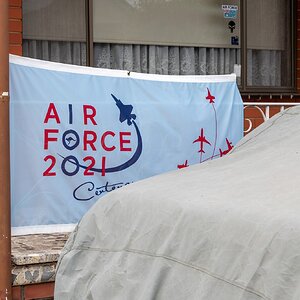
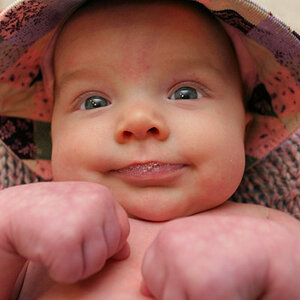
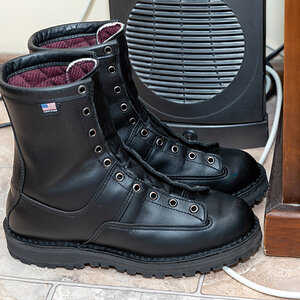
![[No title]](/data/xfmg/thumbnail/30/30994-49c5521f7b5b417f49dcd43891cbec27.jpg?1619734557)
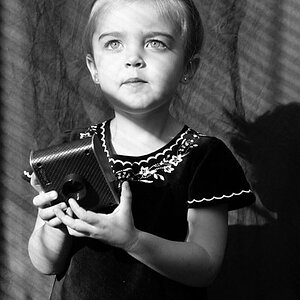
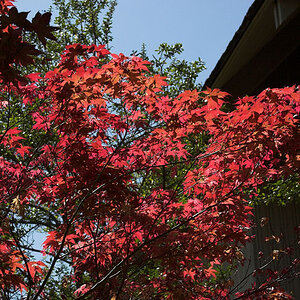
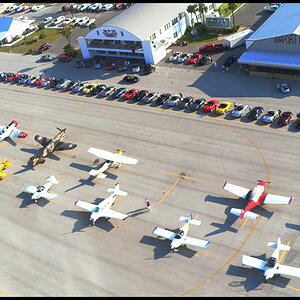
![[No title]](/data/xfmg/thumbnail/30/30993-7c6dca4375064e92f2ea6cbfabf9b59e.jpg?1619734556)
![[No title]](/data/xfmg/thumbnail/30/30992-773558233723ab0d28c307a97a1a2427.jpg?1619734556)

